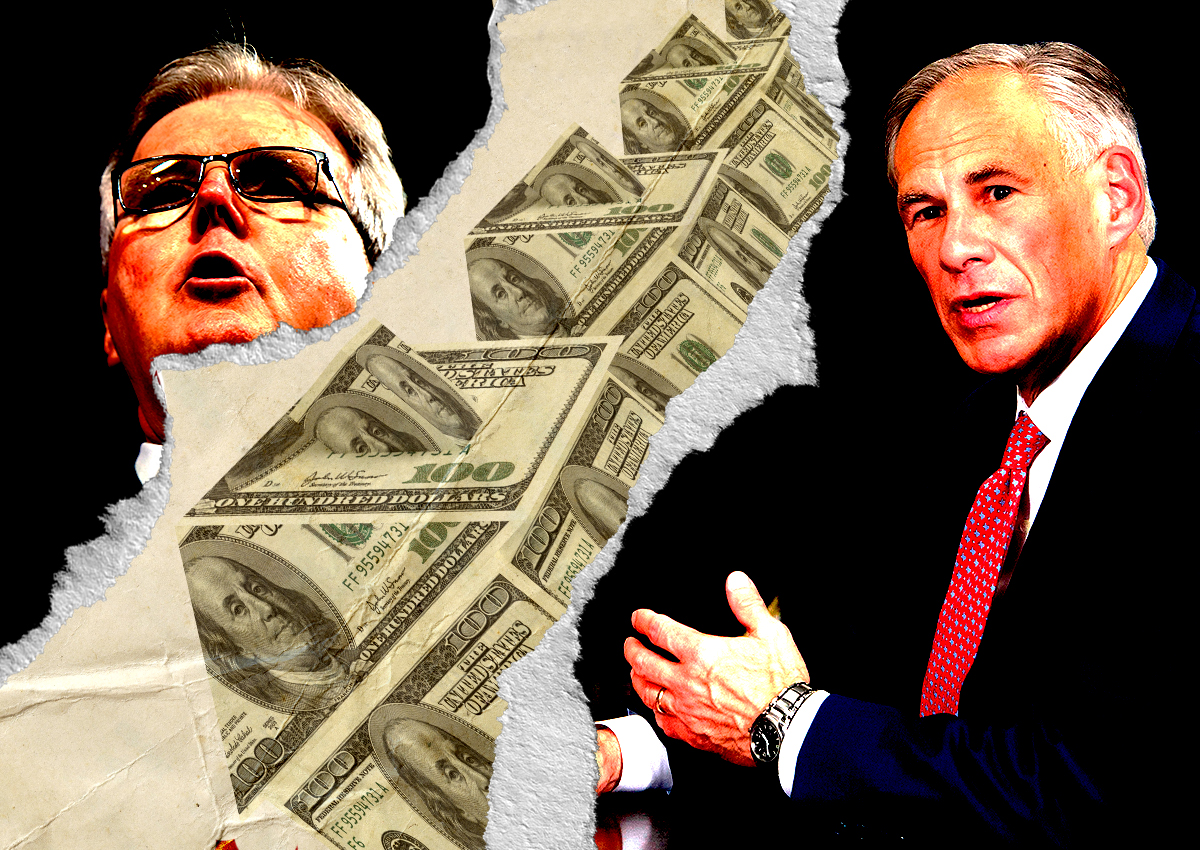Last year, Texas lawmakers agreed on an $18 billion tax-relief package to aid property owners in the state. Now, state officials are exploring an even more drastic measure ahead of the next legislative session.
Lt. Gov. Dan Patrick has directed state senators to assess the feasibility of eliminating property taxes entirely, setting the stage for another round of heated discourse between Patrick, Gov. Greg Abbott and House Speaker Dade Phelan, the San Antonio Express-News reported.
“Continued property tax relief” will remain a top conservative priority when the Legislature reconvenes next January, Patrick said in a news realease. Senators have been tasked with exploring optimal policy combinations to further reduce tax burdens, including the possibility of eliminating school maintenance and operation property taxes, all school property taxes and property taxes altogether.
Senators are instructed to evaluate how the state would compensate for the revenue losses resulting from the elimination of property taxes. That includes assessing potential impacts on other state programs, particularly during economic downturns, and considering alternative revenue sources.
Abbott previously advocated for a significant property tax cut through “compression,” a method that replaces school property tax revenue with state funding, ultimately aiming to phase out property taxes entirely. While this proposal aligns with the agenda of some Texas Republicans and conservative think tanks like the Texas Public Policy Foundation, Patrick’s request for a study doesn’t guarantee legislative action.
Patrick himself has expressed skepticism about the feasibility of eliminating property taxes, citing concerns about the budgetary implications. Last year, he highlighted the necessity of funding essential services such as public education, healthcare and law enforcement, cautioning against a rushed approach to tax reform.
In addition to property taxes, Patrick has tasked senators with examining an array of other issues, such as incentives for thermal power generation, the impact of Bitcoin mining on the electric grid, housing affordability, and the role of charitable bail organizations, the outlet reported.
—Quinn Donoghue
Read more



